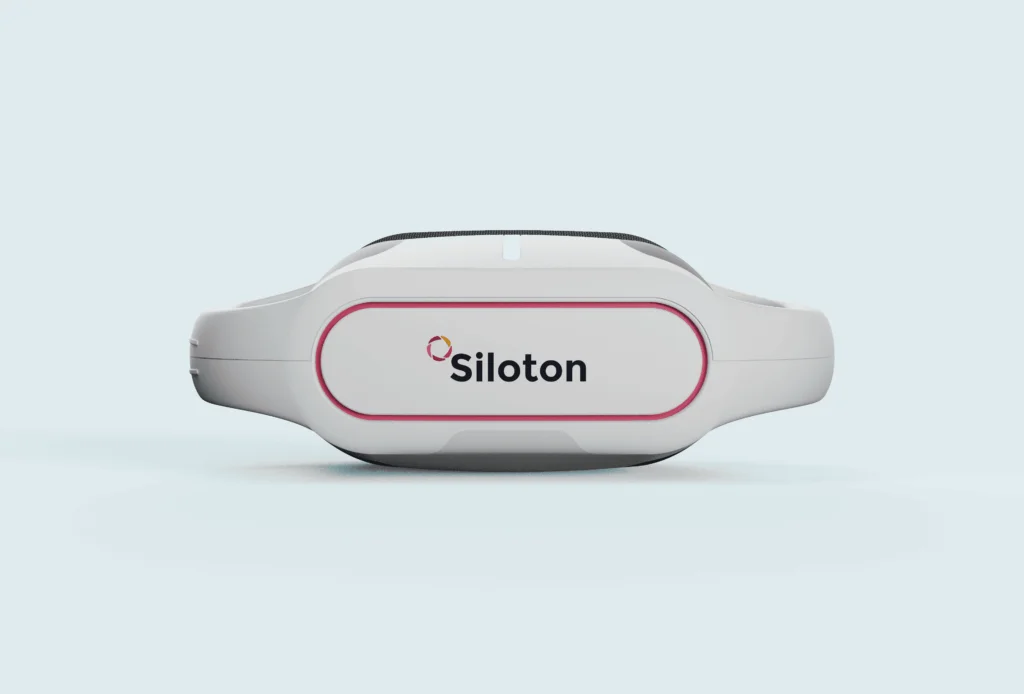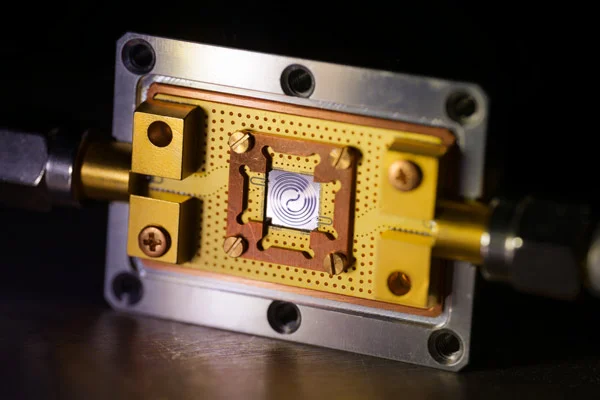Insider Brief:
- Origin Quantum released its fourth-generation control system, Tianji 4.0, which has the potential to support over 500 qubits as well as China’s efforts to develop scalable, industrial-grade quantum computing infrastructure.
- Tianji 4.0 introduces improvements in scalability, integration, stability, and automation, transitioning from expert-driven calibration to standardized workflows enabled by self-developed hardware and software.
- The system integrates with four proprietary software platforms, allowing more efficient testing and tuning of superconducting qubit chips and potentially laying the groundwork for mass production of hundred-qubit quantum devices.
- Image Credit: Xinhua/Huang Bohan
Origin Quantum Computing Technology Co., a Hefei-based developer of superconducting quantum systems, has released its fourth-generation quantum control system, Tianji 4.0. According to a release from Global Times, the system supports over 500 qubits and supports China’s continuing efforts toward building scalable, industrial-grade quantum computing infrastructure.
Tianji 4.0 is the successor to the Tianji 3.0 system, which powered the Origin Wukong quantum computer—China’s third-generation superconducting quantum platform. Control systems like Tianji act as the central interface between classical and quantum components, generating, acquiring, and managing high-precision signals required to manipulate qubits on a quantum chip. These systems are often referred to as the “neural centers” of quantum computers due to their essential role in signal timing, coherence control, and system calibration.
As noted in the release, Tianji 4.0 introduces improvements across scalability, integration, stability, and automation. It reflects a move from intense hardware tuning to standardized workflows capable of being executed by non-specialist engineers. According to Kong Weicheng, deputy director of the Anhui Quantum Computing Engineering Research Center, these improvements are based on a fully self-developed hardware and software architecture, designed intentionally to accelerate deployment cycles and reduce dependence on manual system calibration.

Moving Toward Scalable and Standardized Quantum Production
Tianji 4.0 integrates with four core software systems developed by Origin Quantum. This full-stack integration streamlines the testing and tuning of superconducting qubit chips, which traditionally required input from PhD-level specialists. The result, according to the company, is a more repeatable and scalable approach to engineering, which prepares the system for use in future hundred-qubit quantum devices.
Guo Guoping, director of the Anhui Quantum Computing Engineering Research Center and chief scientist at Origin Quantum, emphasized that the launch signifies a transition from prototype-level development to replicable engineering production.
As reported by Global Times, this could lay the foundation for mass production of quantum systems that are both higher in qubit count and more reliable in operation, which are essential requirements for practical use in computation-heavy sectors.
Origin Wukong Activity and International Reach
The previous system, Tianji 3.0, has been in operation since January 2023 as part of Origin Wukong. Since its deployment, Origin Wukong reports it has completed more than 380,000 quantum computing tasks across fields such as finance, biomedicine, and fluid dynamics. Origin also reports the system has been accessed by more than 26 million users from 139 countries, with high engagement reported from users in the United States, Russia, Japan, and Canada. According to the company, global visits to the platform surpassed 20 million as of March 2025.
The development of Tianji 4.0 also reflects broader national ambitions to strengthen China’s position in quantum computing. As noted in the release, the system is currently supporting the development of the country’s next-generation quantum computer. With full-stack, self-developed components across control systems, software, and chip integration, Origin Quantum frames this as part of a “China solution” to the technological and engineering challenges of scalable quantum computing.
While details on the next-generation system remain limited, the functionality offered by Tianji 4.0 suggests a continued focus on hardware-software co-design, system stability under increasing qubit counts, and preparation for industrial deployment, as well as prioritization of higher-throughput and modular quantum platforms within China’s domestic quantum ecosystem.
As Origin Quantum expands the deployment of Tianji 4.0, its success will likely be measured not only by performance metrics but also by its ability to serve as a reproducible foundation for broader quantum hardware rollout, both domestically and abroad.















